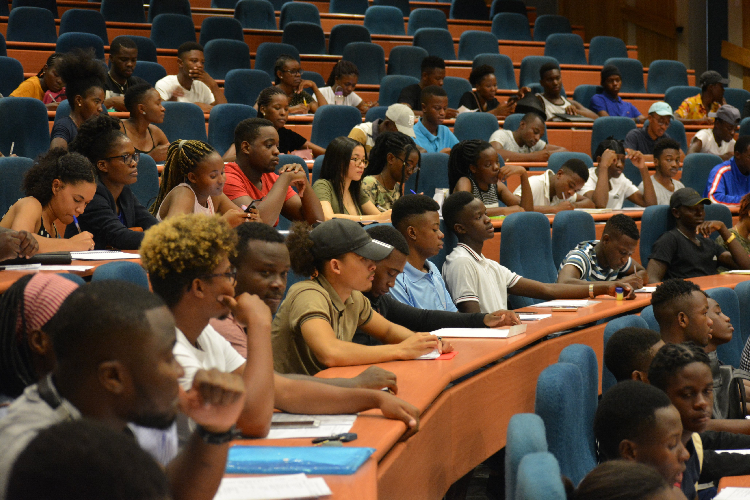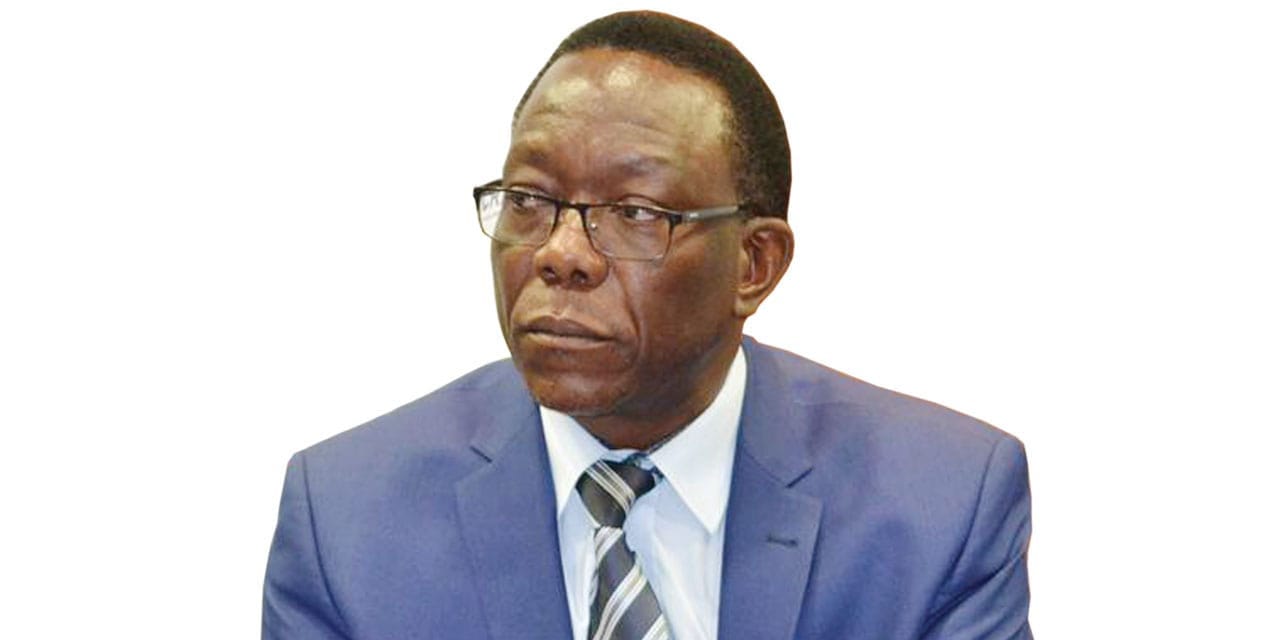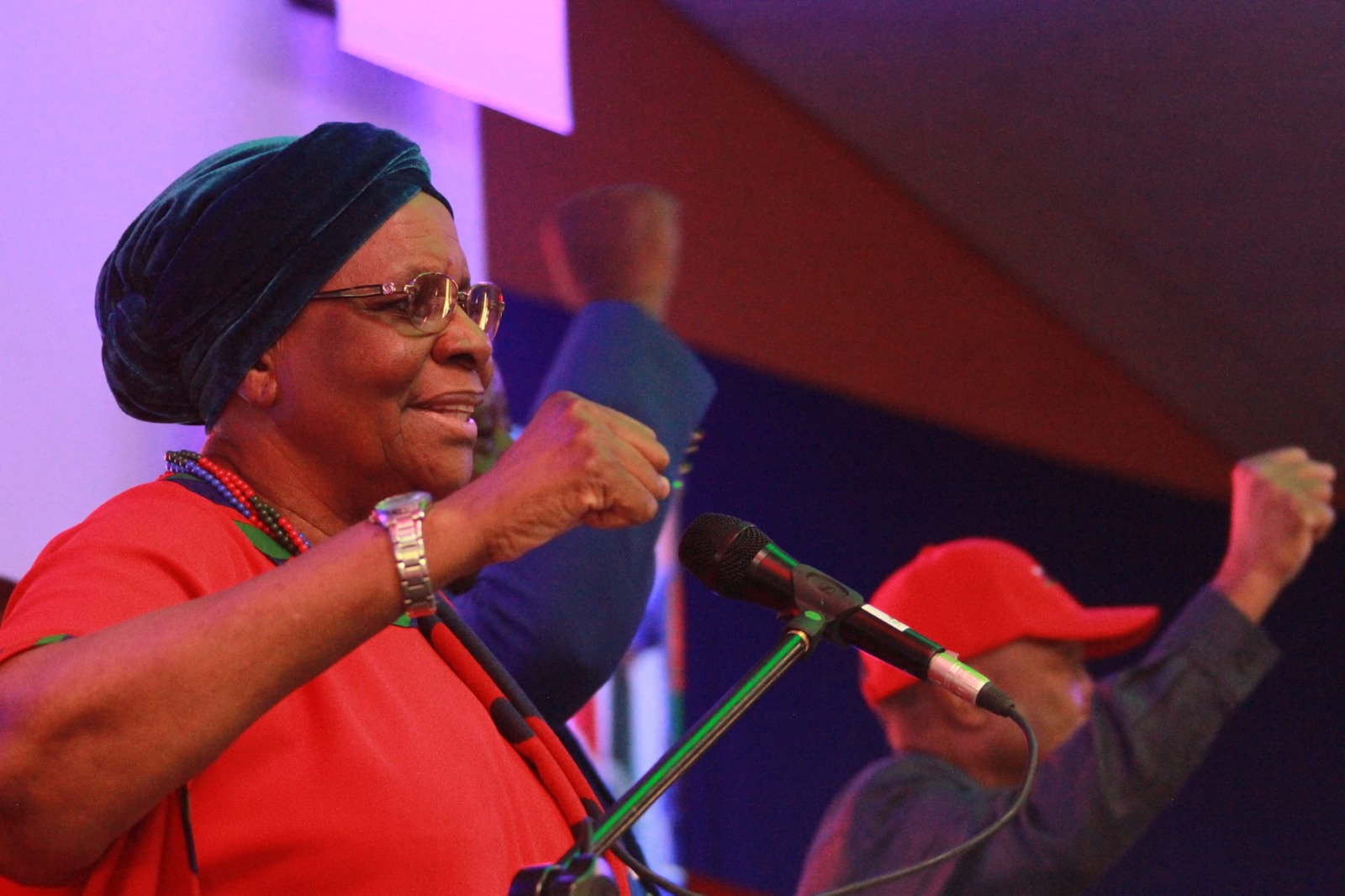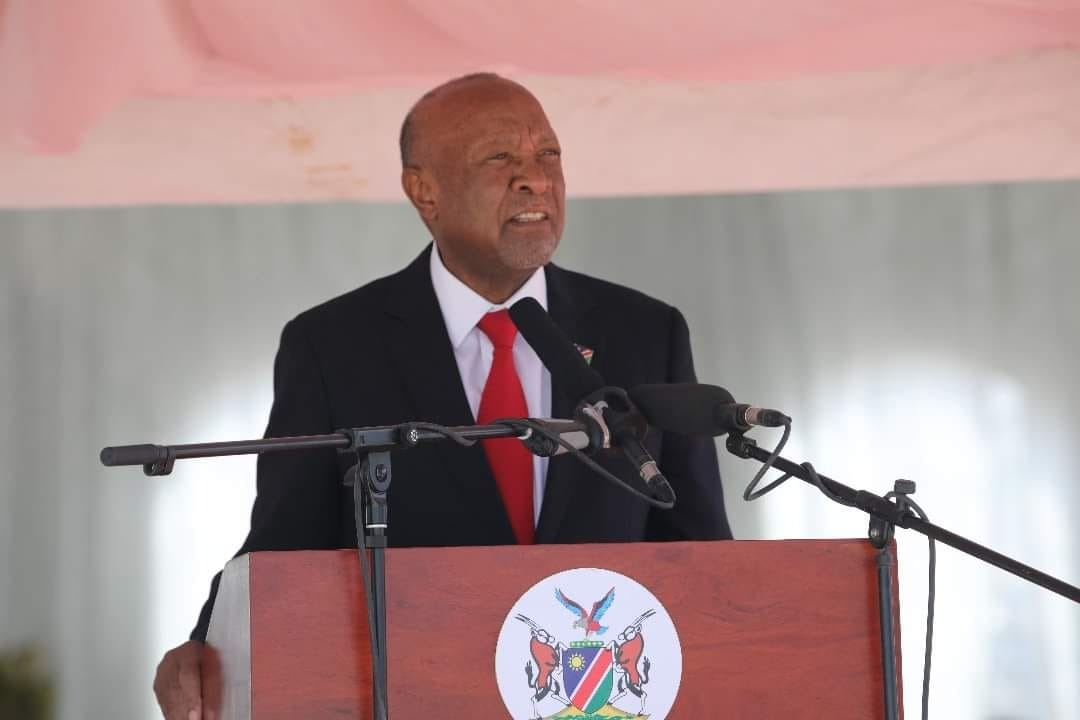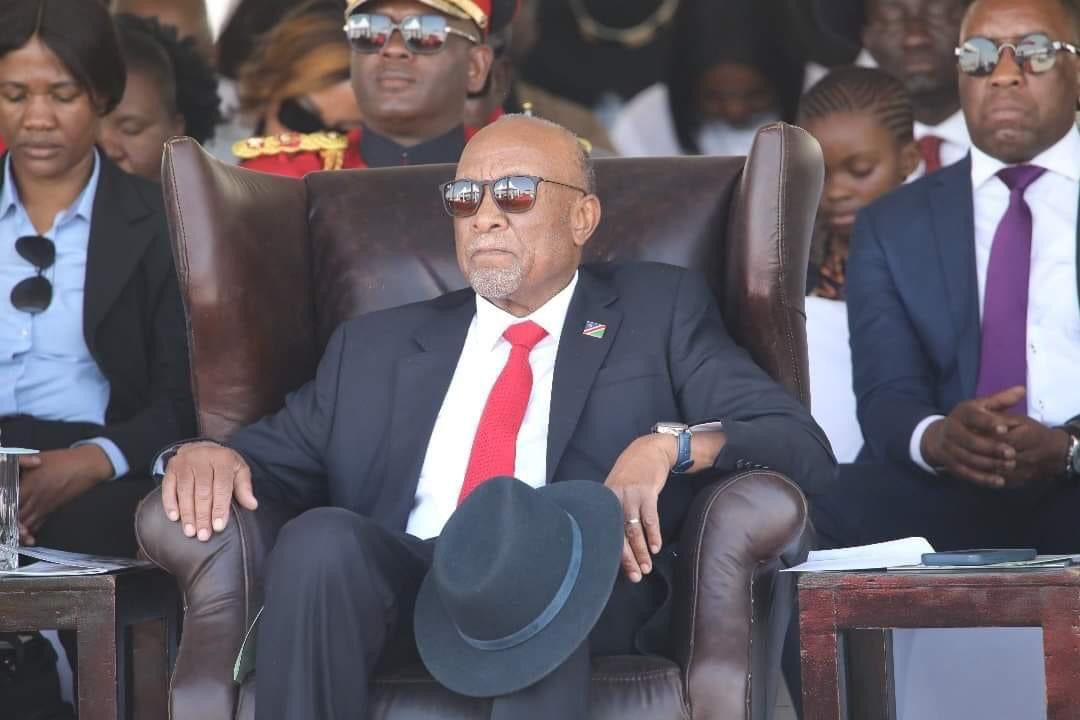OKERI NGUTJINAZO and YOKANY OLIVEIRATHE Namibia Students Financial Assistance Fund (NSFAF), which has consistently struggled to provide tuition fees for all eligible students, will this year face yet another challenge to secure enough funds for more than 12 000 applicants.
The student fund’s chief human capital officer Olavi Hamwele told last week that they have so far received 12 483 applications for undergraduate and vocational training centres.
Hamwele added that they would announce the application date for postgraduate applicants in due course.
So far, the applicants have received acknowledgement letters. Applications close on 29 February.
Last year, NSFAF announced that it would only award financial assistance to 2 925 out of the 15 087 students who qualified for loans due to a shortfall of N$641 million in its budget for the 2019/20 financial year.
The student fund received a bailout of N$420 million to fund the remaining students. N$182 million of the money came from the government while N$238 million was from financial institutions.
Asked how the student fund would ensure that it does not encounter the same funding problems as last year, Hamwele said a detailed budget projection was submitted to the shareholder for consideration and the public would be informed once a decision has been taken concerning this.
“We will announce the budget at a later stage once all consultations are concluded and necessary approvals granted,” he said.
Higher education ministry spokesperson Selma Ngola said the government has remained committed to funding higher education despite the challenging economic conditions.
“Although we are aware of the prevailing financial challenges, the ministry is constantly engaging the Ministry of Finance on the actual needs of higher education with the aim to ensure that available resources cover more eligible students through NSFAF,” she said.
However, as a ministry, Ngola said they do not have the prerogative to prescribe to treasury how much should be allocated to the ministry.
“Like any other government ministry, a final budget amount is communicated to the ministry by the treasury. Based on the budget allocation from the treasury, the ministry, after consulting with all its agencies, will allocate available funds equitably to to enable the agencies to carry out their mandates,” she said.
Ngola added that ideally, the funds allocated should determine the number of students that could be funded, especially after the allocation to continuing students has been completed and the remaining funds are used to determine the number of new students that could be funded.
She noted that public enterprises are informed to submit a Business and Financial Plan to the portfolio ministry, at least 90 days before the commencement of its financial year.
The government, when allocating budgetary resources, takes into consideration such factors as the global ministerial ceiling, each institutions total revenue base, the personnel expenditure and ongoing contractual obligations.
“At this point, the budget preparation process and engagements are still ongoing and the final funding allocation to the ministry as well as to all state-owned enterprises will only be confirmed once the national budget is tabled in parliament,” Ngola said.
Around 2 859 new undergraduate students, have registered at the Namibia University of Science and Technology this year.
The institution’s registrar, Maurice Guarde, told last week that this figure is expected to increase by the end of this week.
“We expect an increase on this by the time registration ends next week by another 200 to 300 students,” he said.
Of the students who have registered this year, Guarde said about 38% have received NSFAF acknowledgement letters. Last year, a total of 2 386 new students registered with the institution.
“We have had a large increase in new students reflecting the significant demand for Nust programmes,” he added.
Meanwhile, the International University of Management (IUM) commences late registration this week. IUM’s spokesperson Gerry Munyama last week said the institution would only release comprehensive figures for registration in March after the registration period is concluded by the end of this month.
Nationwide, over 22 000 students have registered at the University of Namibia so far. was reliably informed on Monday that over 4 000 undergraduate students have registered.
The source said this number is expected to increase to around 10 000 by the end of the registration period.
It is unclear how many students have received acknowledgement letters from NSFAF. Unam’s spokesperson, John Haufiku, announced that normal registration would be extended to Friday (14 February).
Stay informed with The Namibian – your source for credible journalism. Get in-depth reporting and opinions for
only N$85 a month. Invest in journalism, invest in democracy –
Subscribe Now!


